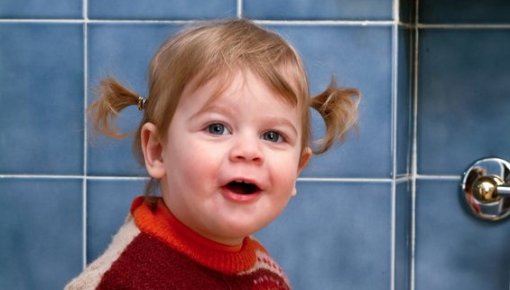Jansson UB, Danielson E, Hellström AL. Parents' experiences of their children achieving bladder control. J Pediatr Nurs 2008; 23(6): 471-478.
Joinson C, Heron J, Von Gontard A et al. A prospective study of age at initiation of toilet training and subsequent daytime bladder control in school-age children. J Dev Behav Pediatr 2009; 30(5): 385-393.
Kaerts N, Van Hal G, Vermandel A et al. Readiness signs used to define the proper moment to start toilet training: a review of the literature. Neurourol Urodyn 2012; 31(4): 437-440.
Klassen TP, Kiddoo D, Lang ME et al. The effectiveness of different methods of toilet training for bowel and bladder control. Evid Rep Technol Assess (Full Rep) 2006; (147): 1-57.
Vermandel A, Van Kampen M, Van Gorp C et al. How to toilet train healthy children? A review of the literature. Neurourol Urodyn 2008; 27(3): 162-166.
IQWiG health information is written with the aim of helping people understand the advantages and disadvantages of the main treatment options and health care services.
Because IQWiG is a German institute, some of the information provided here is specific to the German health care system. The suitability of any of the described options in an individual case can be determined by talking to a doctor. informedhealth.org can provide support for talks with doctors and other medical professionals, but cannot replace them. We do not offer individual consultations.
Our information is based on the results of good-quality studies. It is written by a team of health care professionals, scientists and editors, and reviewed by external experts. You can find a detailed description of how our health information is produced and updated in our methods.

